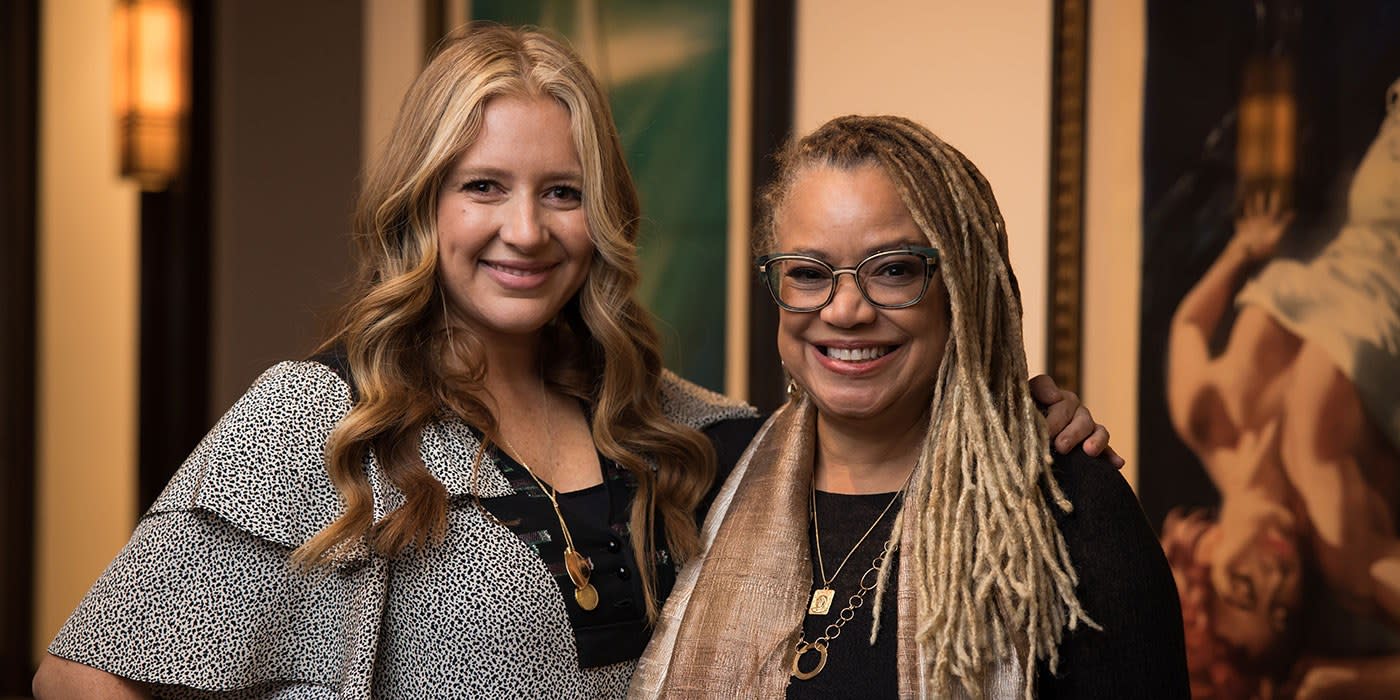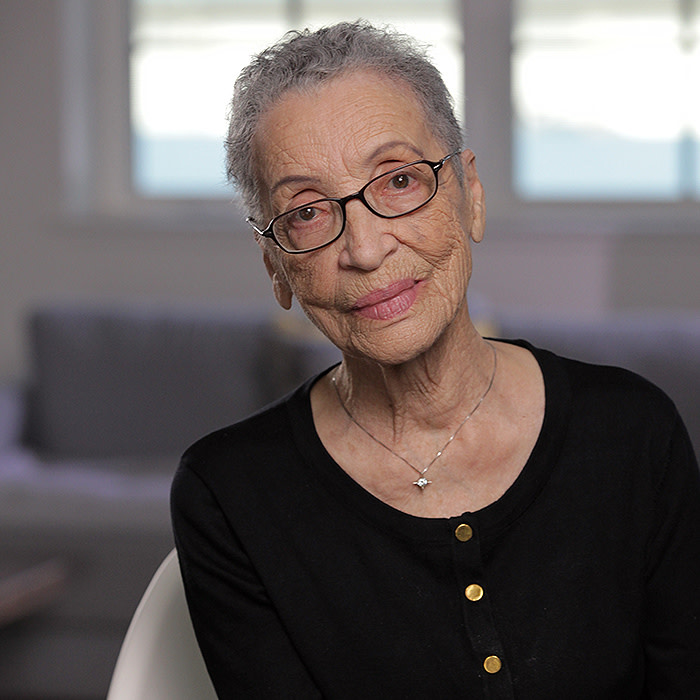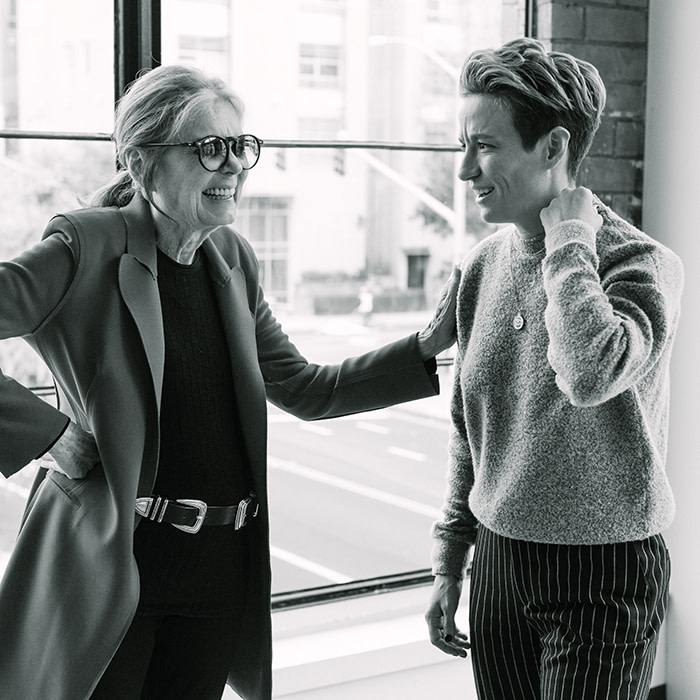Leading ladies in filmmaking lend their voices
As a brand, we closely follow all women driven, women directed films so when we heard that Producer Daniela Taplin Lundberg, had just finished a new feature film about Harriet Tubman, we wanted to learn more.
Tubman, a powerful figure of civil rights in the 19th century, is well-known in textbooks and the literary realm. But, like so many women in history, the change-making heroine has been overlooked on the silver screen. Until now.
Directed and co-written by Kasi Lemmons, Harriet’s hero is clearly brave, persistent, and inspiring. We screened the film. We think it’s fierce yet approachable. Inspiring yet activated. A lot like the women behind the film.
We invited Harriet and her filmmakers to be a part of our LUNA Voices speaking series, which we hosted in conjunction with the Industrial Light & Magic (ILM) Filmmakers Forum. We spoke with both women about their own challenges in storytelling and their journeys to bring this first-ever hero’s journey to the big screen.
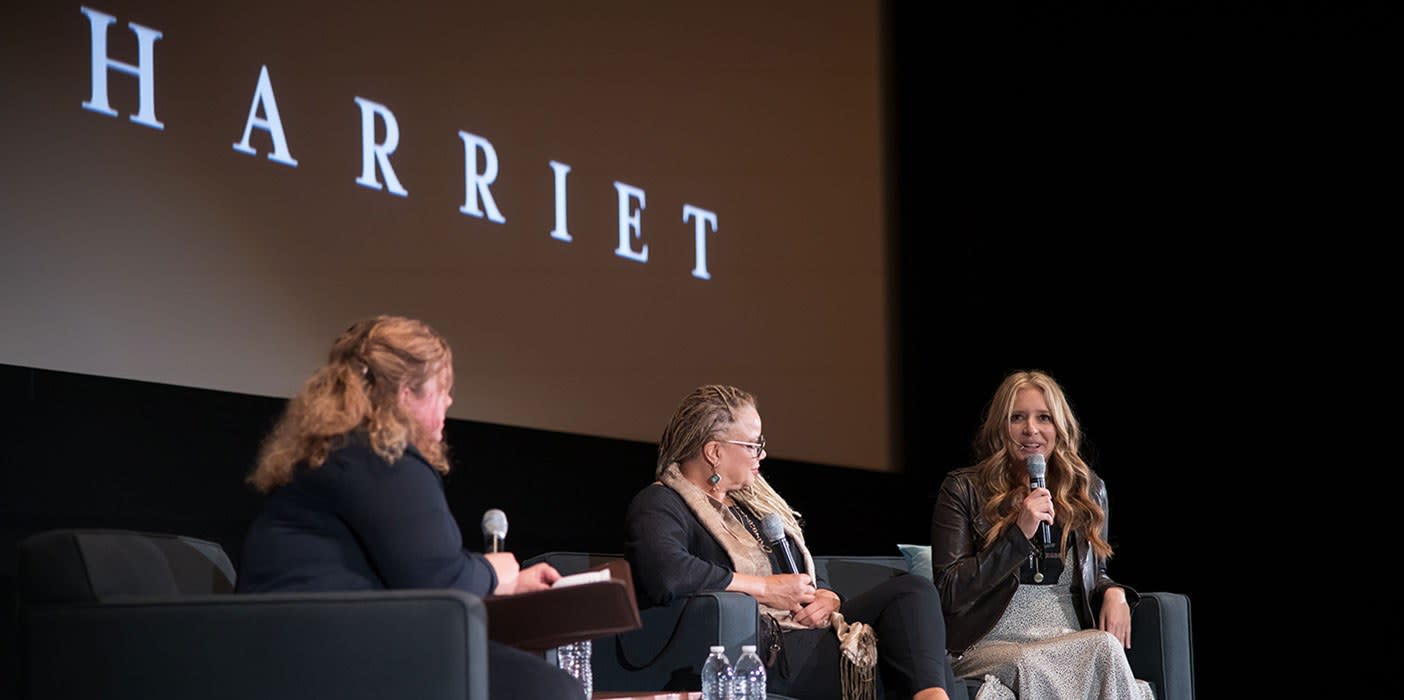
Kasi Lemmons began her journey in the film industry as an actor. She’s well-known for her part in Silence of the Lambs. But as Kasi explained to us, she wanted to give more to The Arts.
“I was very much marginalized in the roles that I played. I made the most of it and had a great time, but I had to get it off my chest. It started to burn, like there was more that I had to give and there was more that I had to do. I wanted to be of service. So, I went to film school.”
In her 1997 directorial debut, Lemmons brought us Eve’s Bayou, a critically-acclaimed American drama that’s been selected by the Library of Congress for preservation in the National Film Registry for being “culturally, historically, or aesthetically significant.”
Daniela Taplin Lundberg has now produced more than 25 feature films. She told the forum,
“I’ve always believed in the power of filmmaking -- in the power of movies. I believe in the power of watching something on the big screen and having it change you.
Lundberg remembers when she and her producing partner Debra Martin Chase invited Lemmons to discuss the project.
“She [Lemmons] said, ‘This isn’t a tired bio pic. This is a badass Pam Grier version of Harriet Tubman.’ And I just got it. Even before I read it, I understood the appeal of that. But that didn’t mean that people were fighting to make it.”
(For reference, Grier is considered to be the first woman of color to play the lead in an action film. Her breakout lead role was the movie Coffy in 1973.)
Lundberg has always been drawn to mission-driven stories about under-represented subjects, so it was no surprise when she told us she then committed to raising the funds to produce Harriet herself.
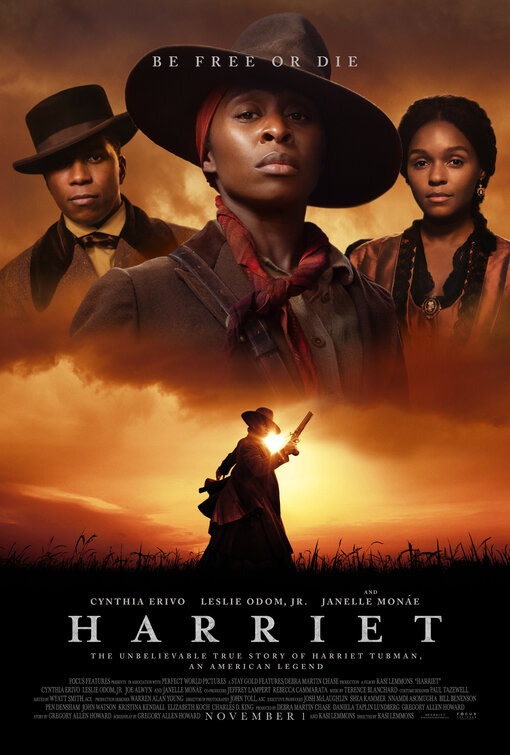
“We had to ask ourselves,” she recalled, “What do we have to do to get this particular film made?’ We [she and her partner, Deb] had to raise and fund production ourselves. And we were willing to do for this film.”
We asked Lemmons how she brought Harriet to life through her script and her on-set direction. She’d just spoken to the audience about her deep dive into learning about Tubman’s own journey.
“I was able and willing to channel Harriet into my life,” she nodded. “We became sisters. I felt that female energy and that connection to my ancestors.”
If you haven’t made your way to the theater to see Harriet, we can’t recommend it enough. Aptly titled for its protagonist, the first-ever feature film takes us on a hero’s journey following a woman of color who defied all odds to truly affect change during a despicable era in our country.
Surprisingly described as “approachable” by the film’s makers, Harriet is a movie we might bring our children to see. In Tubman’s journey, we’re inspired by her unrelenting spirit, her devotion to her people, and her sheer bravery to take action.
“She wasn’t fearless,” Lemmons remarked about Harriet Tubman. “Her courage simply outweighed her fear.”
In the spirit of our mission at LUNA, we asked for advice that might inspire and encourage young women in pursuit of The Arts.
“Learn your craft,” Lundberg told us. “You have to do the work like you would in any other industry. Whether it’s going to school or making a short film in your backyard. Move forward and educate yourself in the best way you can. Be bold. Tell stories you don’t see other people telling.”
Lemmons added, “Luck is the love child of readiness and opportunity. Make sure you’re ready when that door opens.”
And finally, how can we -- every woman out there -- support and empower female filmmakers?
Their response --
“Stay in each other’s network. Help boost each other. Go and encourage your network to support that film you want to see - on Instagram, on twitter. Make sure people know you’re out there supporting us.”

